In the past few years, the National Human Rights Commission (NHRC) has taken the lead in combating grave human rights violations, such as the unsettling practice known as "Nata Pratha." This has been the situation lately. Some parts of Rajasthan and the neighbouring states of Madhya Pradesh, Uttar Pradesh, and Gujarat customarily sell or marry off young girls to their own families. This practice usually has unfavorable consequences for the engaged girls.
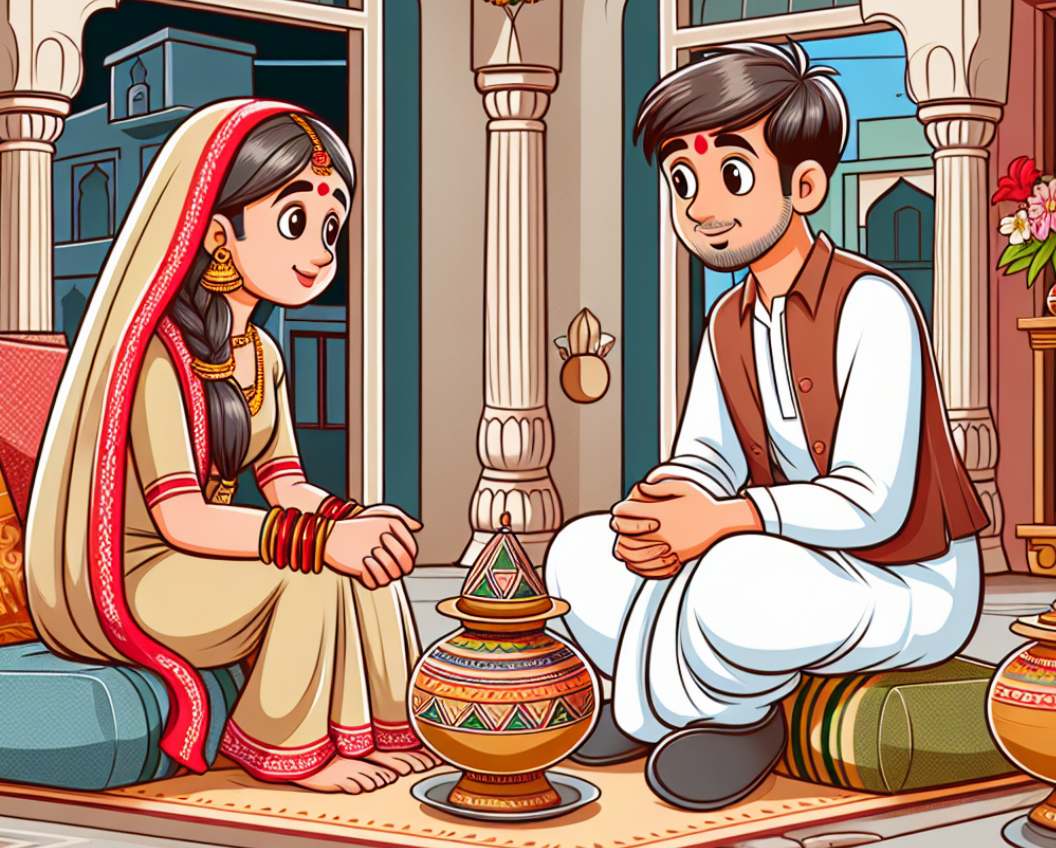
Understanding Nata Pratha: From Tradition to Exploitation
Historically rooted in companionship and support, Nata Pratha has transformed into a system of exploitation, particularly targeting women and minor girls. Initially allowing for temporary alliances for remarriage or companionship, this custom has now become a means of coercion and abuse, devoid of consent and legal sanctity.
Nata Pratha's key characteristics include:
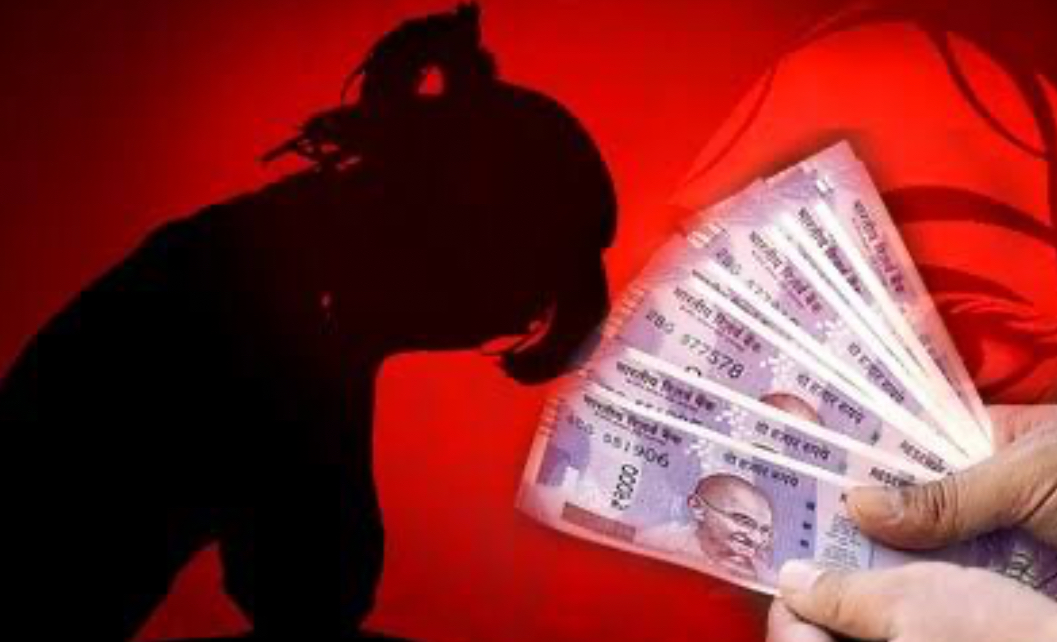
- Selling or Marrying: Families engage in agreements that often involve transactions, resembling marriages but lacking legal validation.
- Lack of consent: Girls, often minors, have no say in these arrangements, disregarding their wishes and well-being.
- Temporary Partnerships: Unlike traditional marriages, Nata Pratha unions are impermanent, subjecting women to shifting circumstances based on familial whims or financial deals.
The Devastating Consequences:
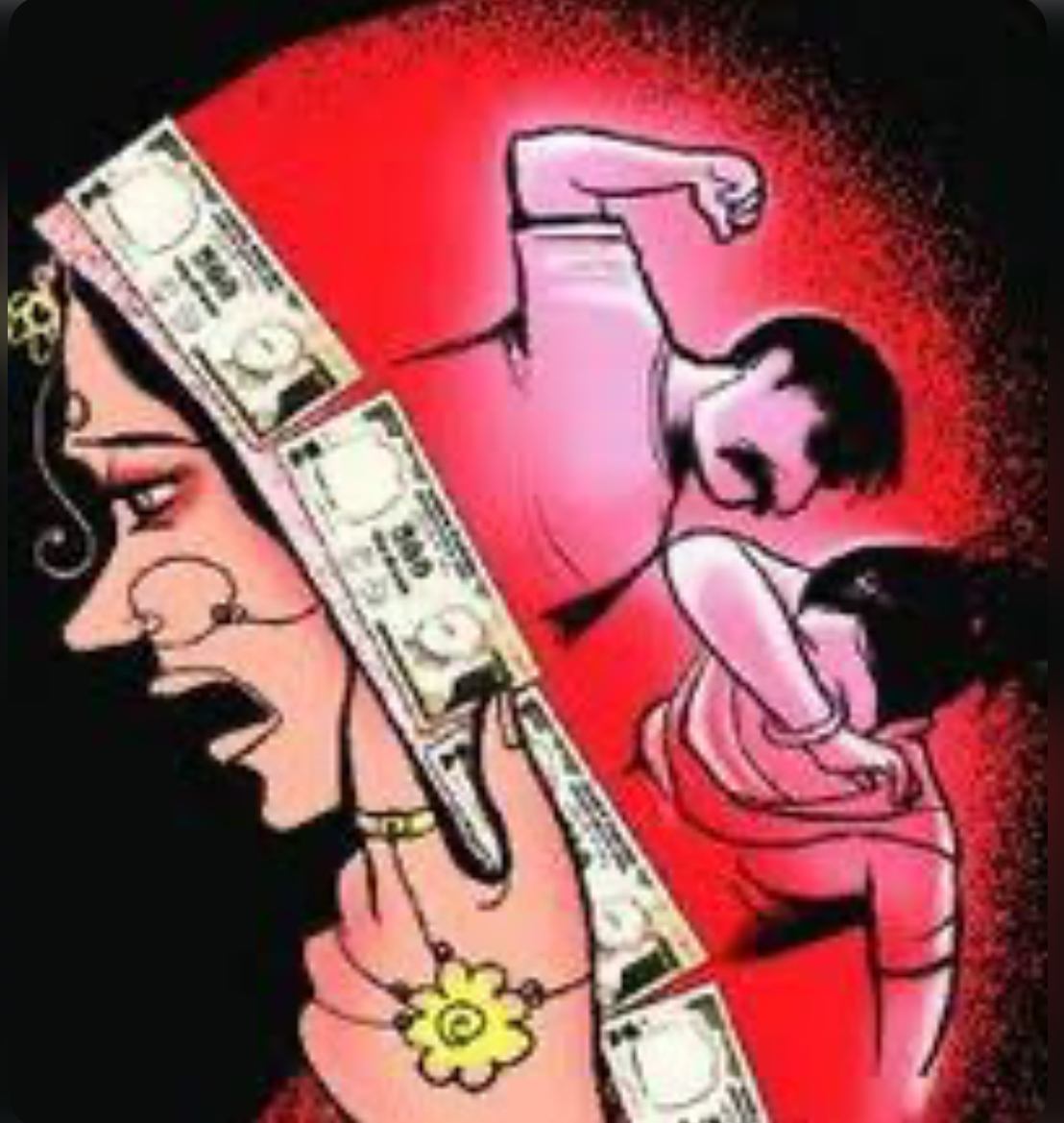
- Exploitation: Families treat women like commodities, using them to further their financial interests.
- Abuse: Physical, emotional, and sexual abuse are rampant within these exploitative relationships.
- Limited Opportunities: This exploitative system forces girls to sacrifice their education and future prospects.
- Psychological Trauma: The lack of agency and constant uncertainty result in severe mental health repercussions.
Nata Pratha, once a cultural practice, has metamorphosed into a social evil, demanding urgent attention and intervention to protect the rights and dignity of women and girls ensnared in its grasp.
The NHRC's Intervention and Investigation
The NHRC is fighting "Nata Pratha" because it is part of its job to protect and promote human rights in India. The revelation of a serious case in July 2020 demonstrated the Commission's proactive approach. A father claimed that the removal of his daughter led to her tragic death. But after more research by the NHRC's Investigation Division, they found a terrible truth: the father had sold his daughter for ₹2.5 lakhs while pretending to be "Natpratha."
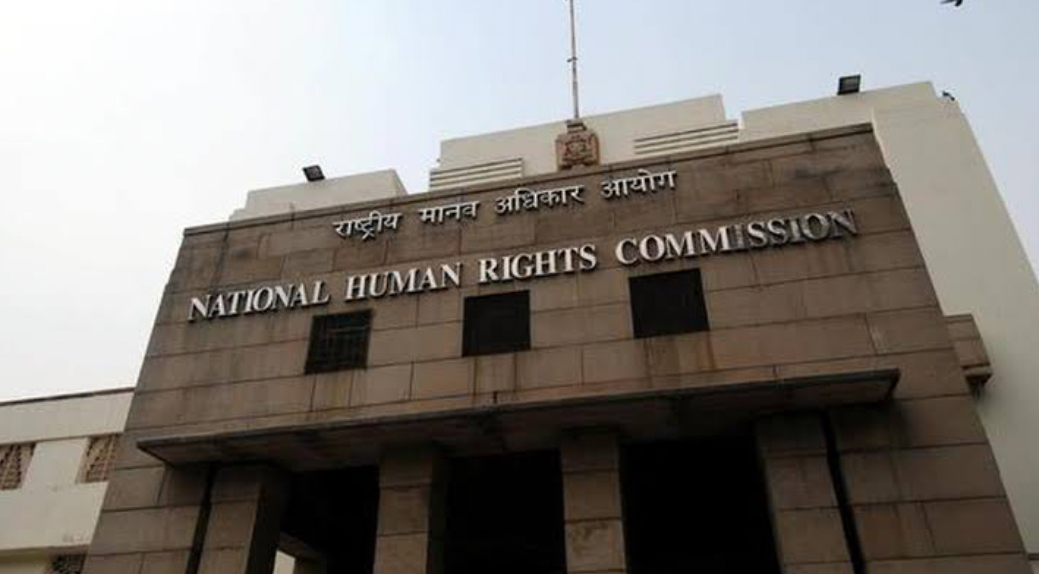
The NHRC moved quickly after hearing this shocking news. The Commission not only recommended suing the father for selling his daughter when she was still a child but also underscored the inadequacy of law enforcement agencies in curbing these heinous crimes. The girl in Danpur reported to the police that she faced coercion and threats, yet they took no action. This led to her tragic death.
Legal Implications and Proposed Solutions
The NHRC's response to 'Nata Pratha' extends beyond mere condemnation. The Commission's research wing drew parallels between this practice and modern forms of prostitution, advocating for stringent legal measures. It recommended prosecuting those involved in forcing women into 'Nata Pratha' under human trafficking laws. Furthermore, the proposal suggested prosecuting the sale of minor girls under the Protection of Children from Sexual Offences (POCSO) Act.
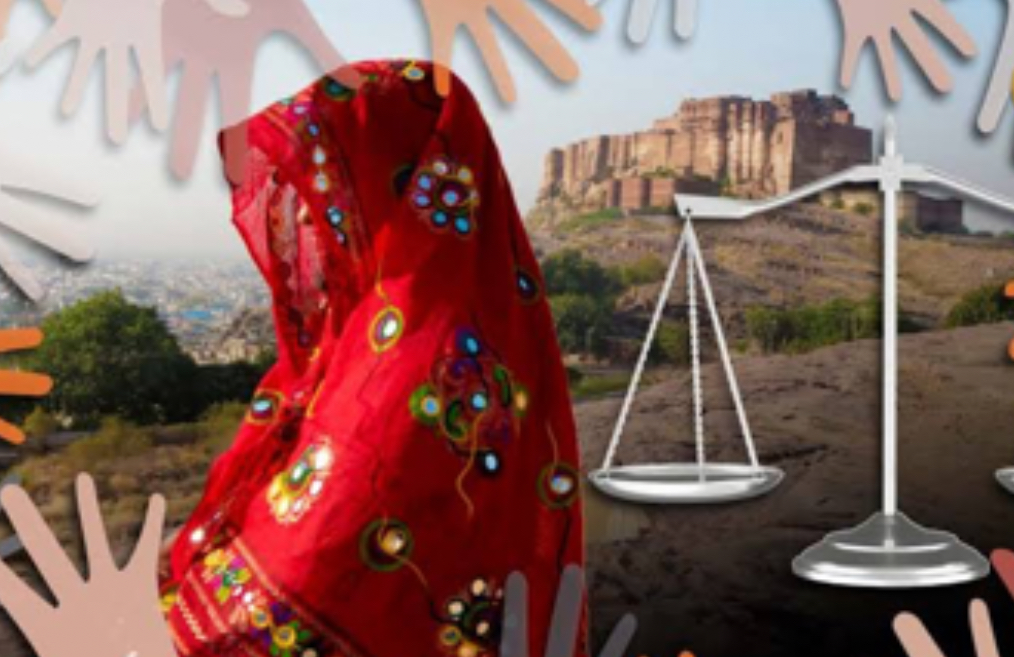
In addition to legal actions, the NHRC emphasised the importance of grassroots interventions. It suggested establishing local committees or groups at the village level to register cases of 'Nata Pratha', enhance awareness, and provide education and employment opportunities to empower vulnerable girls and women. This multifaceted approach aimed not only at curbing the immediate manifestations of 'Nata Pratha' but also at addressing its root causes embedded in societal norms and economic disparities.
Conclusion: Towards Eradicating 'Nata Pratha'
The NHRC's investigation into "Nata Pratha" is a stark warning of how hard it is to protect human rights, especially for groups that are already struggling or are at risk. While laws and changes in institutions are important, the fight against deeply rooted social evils like "Nata Pratha" needs a coordinated effort that includes education, community involvement, and giving people more power in their own finances.
As time goes on, it is very important for everyone involved—including governments, civil society groups, and communities—to work together to stop practices that hurt people's rights and respect, especially those of women and children. People are still fighting for a more fair and rights-respecting society, as shown by the NHRC's strong position and support for justice.
Image Source: Multiple Agencies
Inputs from Agencies
© Copyright 2024. All Rights Reserved Powered by Vygr Media.





















